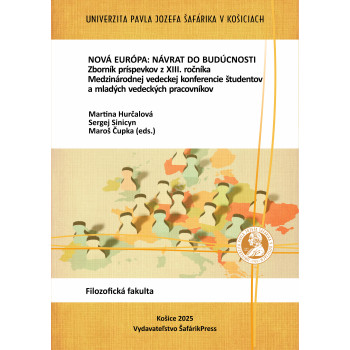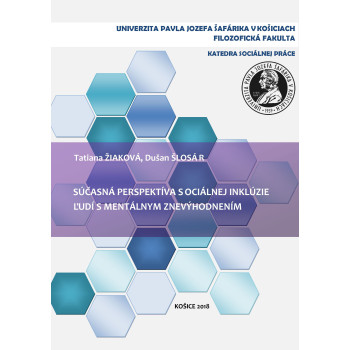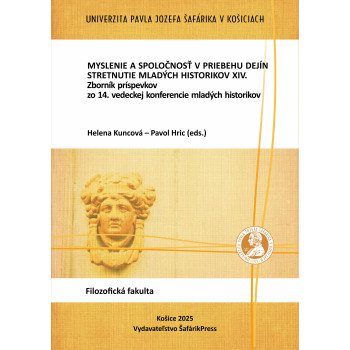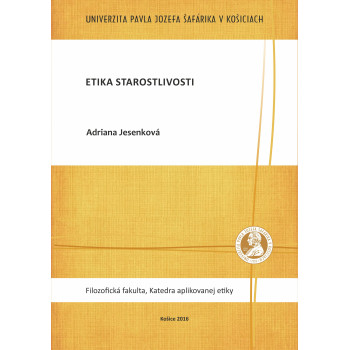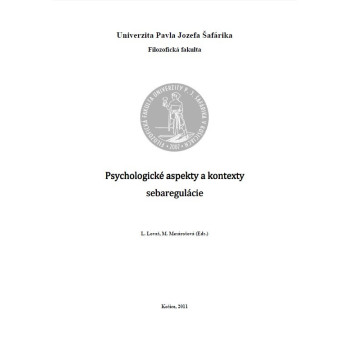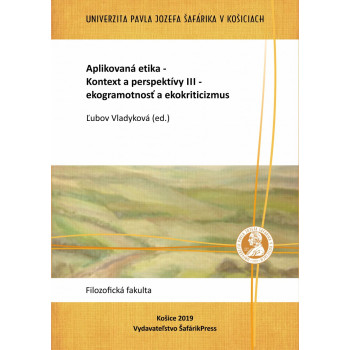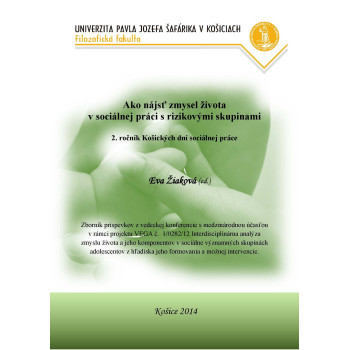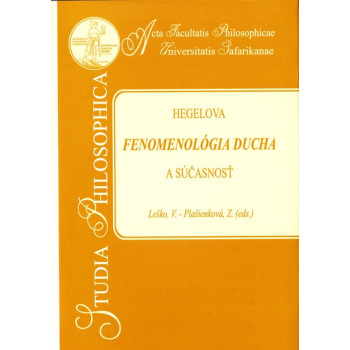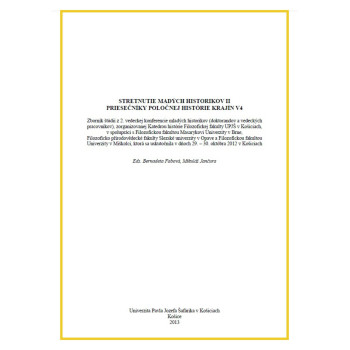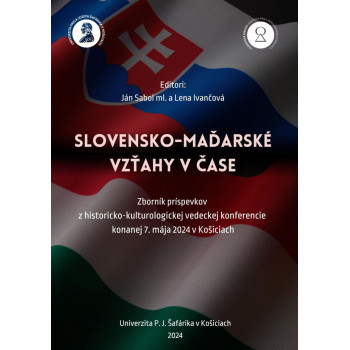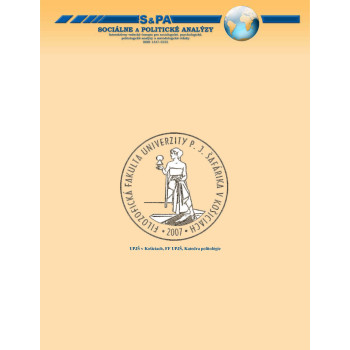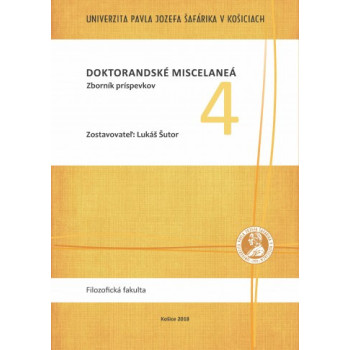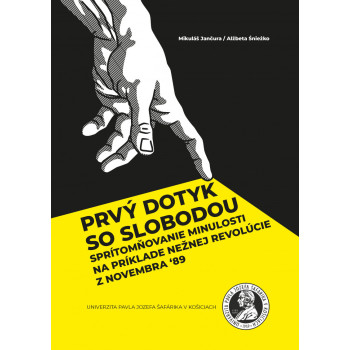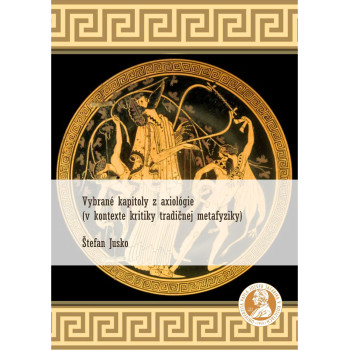
NOVÁ EURÓPA: Návrat do budúcnosti
E-book
Martina Hurčalová - Sergej Sinicyn - Maroš Čupka (eds.)
Proceedings from the 13th International Scientific Conference of Students and Young Researchers, organized on May 16, 2024, by the Department of Political Science of the Faculty of Arts at Pavol Jozef Šafárik University in Košice, the Institute of Political Science and Public Administration of the Faculty of Political Science and Journalism at Maria Curie-Skłodowska University in Lublin, the Department of Political Science of the Faculty of Arts at the University of Miskolc, the Institute of Social Studies of the Faculty of Regional Development and International Studies at Mendel University in Brno, the Faculty of Political Science and Diplomacy at Vytautas Magnus University in Kaunas, and the civic association Respublica.
The aim of the translated publication NEW EUROPE: Back to the Future is to reflect on the challenges in the fields of international security, the fight against climate change, and environmental protection, and to highlight selected global phenomena.
The proceedings consist of 12 contributions in Slovak, English, and Czech. The authors primarily addressed selected current issues from the international environment in the context of deteriorating international relations and global security.
The topics of the contributions mainly include questions of international security (for example, in Germany or Hungary), environmental issues and the fight against the climate crisis. Furthermore, the proceedings include topics such as the European Parliament elections, selected narratives related to the war in Ukraine, migration to Europe and its security aspects, self-reflection of the European political system, and public space and public discourse. The proceedings also include a part of an upcoming utopian novel.



